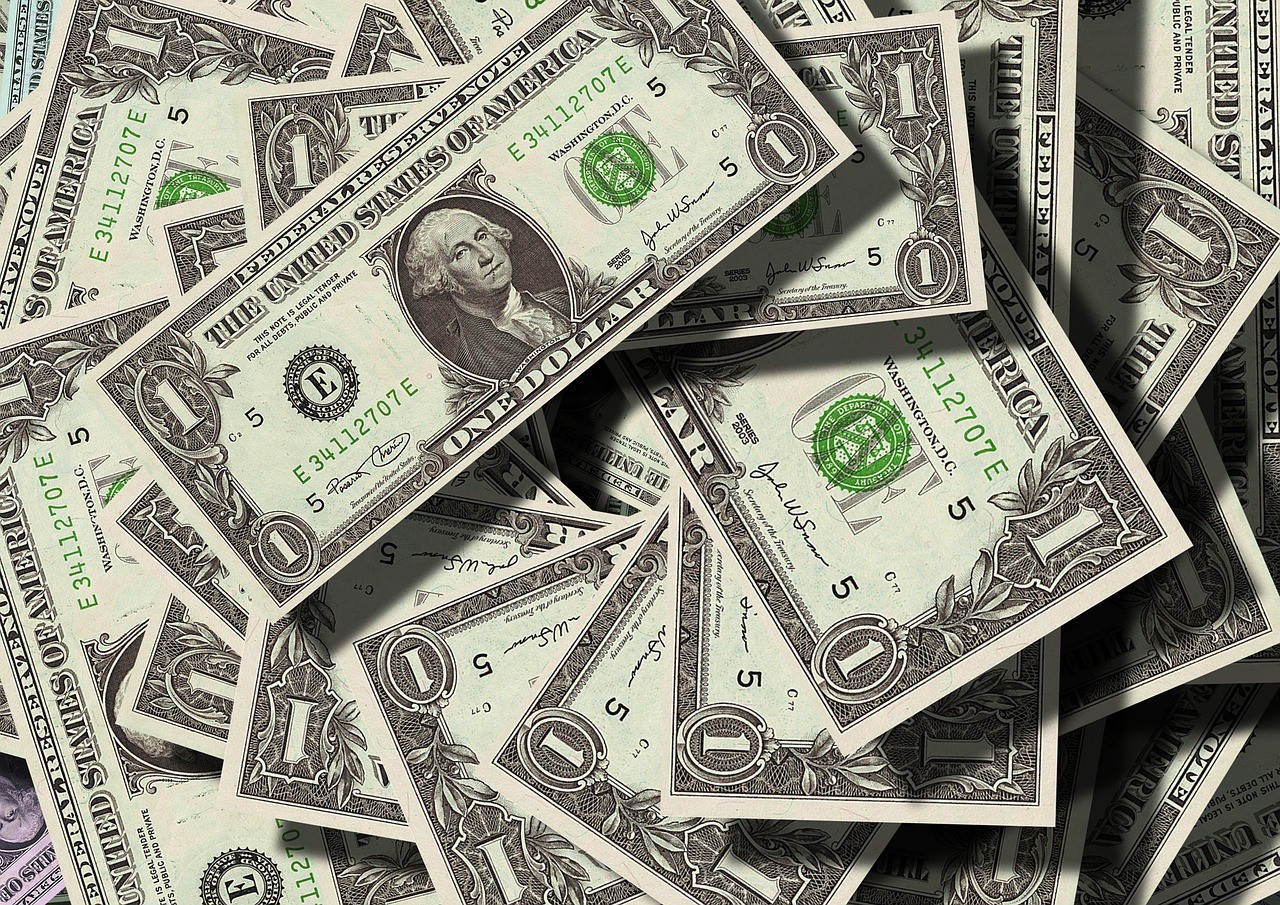
King Dollar standing Tall with Recession Fears Churning Global Markets
The US dollar has climbed to its highest level in two decades due to the hawkish stance of the US Federal Reserve, a combination of global growth concerns and weakness in the euro. In fact, investors are betting that the greenback may record even more gains down the road.
Dollar gains
There has been a 12% rise in the US dollar index so far this year, which measures the currency against a basket of its peers. This has put the currency on course for its best year after 2014. In the last 10 years, the currency has managed to see a gain in seven years.
The dollar has managed to get support from a number of factors. The common consensus is that the Federal Reserve is not going to stop hiking interest rates any time soon and would continue to be aggressive because of the worst inflation numbers seen in decades. This has made the US dollar an attractive option for investors who are seeking yields.
However, it is also a concern that the hawkish stance of the Fed and other central banks could trigger an economic recession. Other participants in the market have decided to hold onto the dollar because they believe that US is better positioned to survive a global downturn, as opposed to other countries.
The dollar has recorded gains this year against almost every G10 currency, with the most pain seen by the Japanese yen. This is primarily because the Bank of Japan has chosen to be the outlier amongst global central banks when it comes to monetary policy tightening.
The decline in the euro
Amidst the mounting risks of a global economic recession, the demand for dollars and the surging prices of gas in Europe have taken their toll on the euro. The single currency has come down to a low of two decades and very close to parity against the dollar.
If the US central bank continues its rate hiking, despite the US and Europe going into recession, then the euro could fall further. In fact, it could go as low as 0.95, which would be 7% below its current position. Analysts said that this was a bit severe, but euro-specific and global growth outlook has been very gloomy in the last two weeks.
Plus, analysts believe that a global recession would benefit the dollar. The US data is not likely to have any impact on the global recession fears. If the US data turns out to be weak, the European data would be similar.
History of gains
While history shows that there are gains in the dollar after the first interest rate hike cycle, the currency eases in the next few hikes. But, this does not seem likely because the greenback shows zero signs of slowing down. The Fed had begun to raise interest rates on March 16th and the dollar has gained 8% since then. A strong dollar could benefit the Fed in its battle against inflation because imports would become cheaper.




